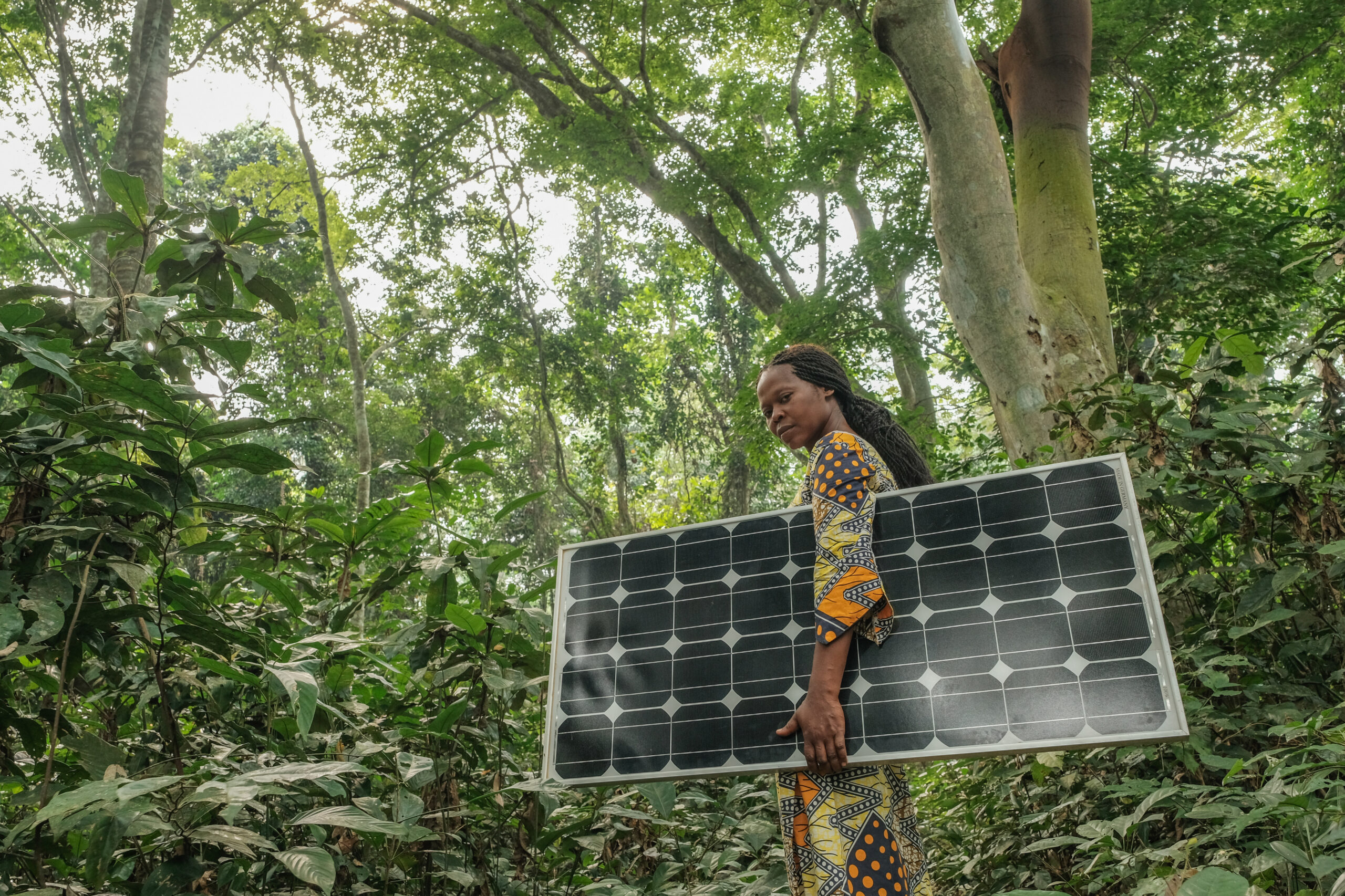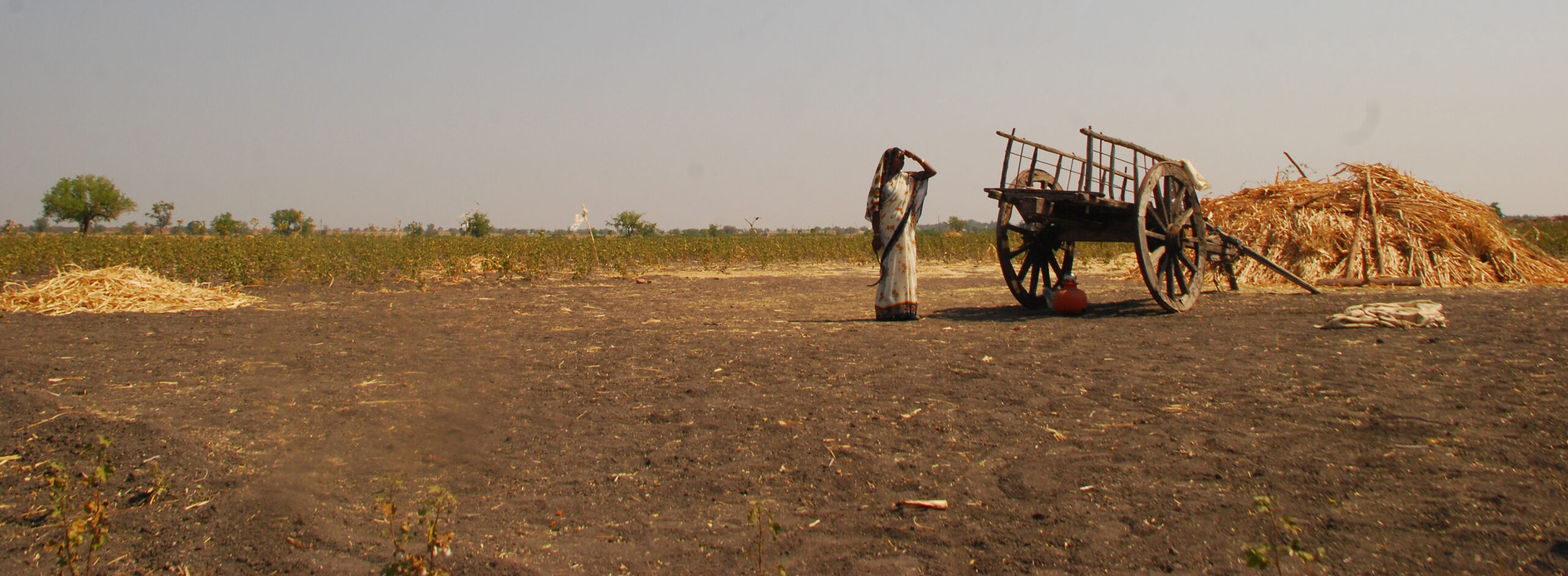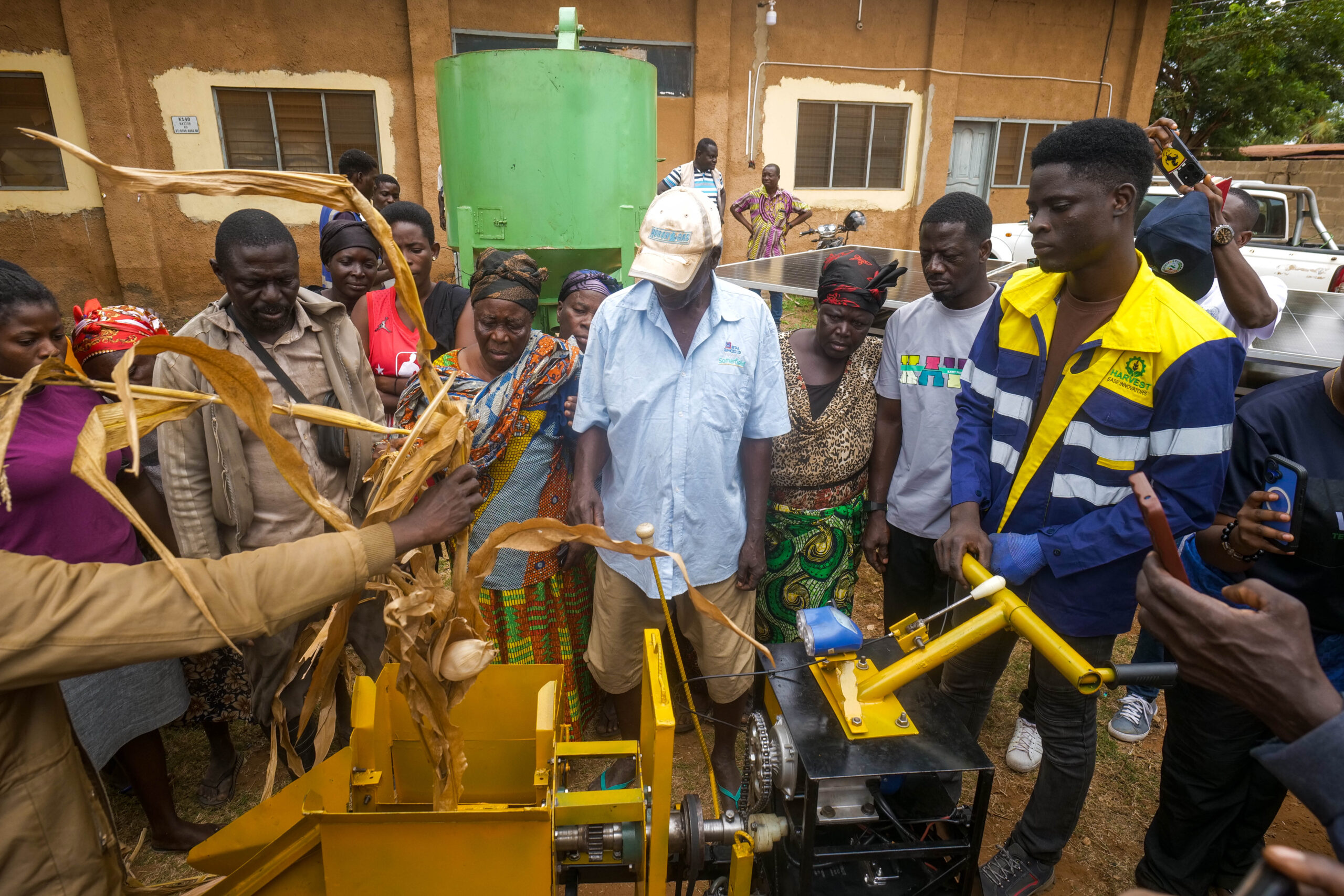Women and Clean Energy in West Africa (WOCEWA)
This project aims to reduce the gender gap in the energy sector in West Africa consistent with the policy for gender mainstreaming in energy access of the Economic Community of West African States (ECOWAS). The policy seeks to ensure that women and men have equal opportunities to enter and succeed in energy-related fields in the private sector. Its target is to achieve gender balance (50-50) by 2030.
With women-led small and medium-sized enterprises in the energy sector still accounting for less than 10 percent in the ECOWAS region, there is a need to evaluate the current gender mainstreaming strategies, test innovative approaches and use the findings to shape and inform the formulation of new, gender-inclusive finance programs to facilitate business start-ups in the clean energy sector. The project will also inform the scaling of technical and vocational training as well as entrepreneurship and business management training in the energy sector targeted at women.
project
Location
Benin, Burkina Faso, Cabo Verde, Côte d’Ivoire, Ghana, Guinea, Guinea Bissau, Liberia, Mali, Niger, Nigeria, Senegal, Sierra Leone, The Gambia, Togo,
Credit: Formation, Recherche, et Environnement dans la Tshopo (FORETS), Democratic Republic of Congo by Axel Fassio/CIFOR via Flickr, CC BY-NC-ND 2.0 https://flic.kr/p/M4bV7G

T20 Side Event: Powering change: Women, youth, and the clean energy revolution
Thursday 12 June 2025
Watch again In this virtual panel event, we will bring together experts from various regions to address a critical challenge of our time: ensuring that women and youth are not left behind in the global transition to clean energy. Gender equity needs to be at the centre of clean energy policies or women will become […]
IMPACT OF CLIMATE CHANGE Suvarna Amrutappa Alkatti by UN Women Asia and the Pacific via Flickr. CC BY-NC-ND 2.0 https://flic.kr/p/eZjQgk

Powering an Inclusive Energy Future: Driving the G20 from Commitment to Implementation
10 October 2025
As the world accelerates toward a clean energy future, the question is no longer whether the transition will happen, but how equitable, inclusive, and sustainable it will be. Under Brazil’s 2024 presidency, the G20 endorsed a set of ‘Principles for Just and Inclusive Energy Transitions’, recognising that the shift to renewable energy must do more […]
Piloting of Youth-Designed Clean Technologies for Women Farmers in Ghana and Senegal
19 September 2025
Recently, the Innovate for Clean Powered Agro Technologies (INFoCAT) project held two events in Ghana and Senegal, to showcase and pilot clean technology solutions that have been developed by young Agritech Innovators. Each new technology was developed to address challenges faced by smallholder women farmers and agro-processors. The piloting programme was to show the creativity […]


